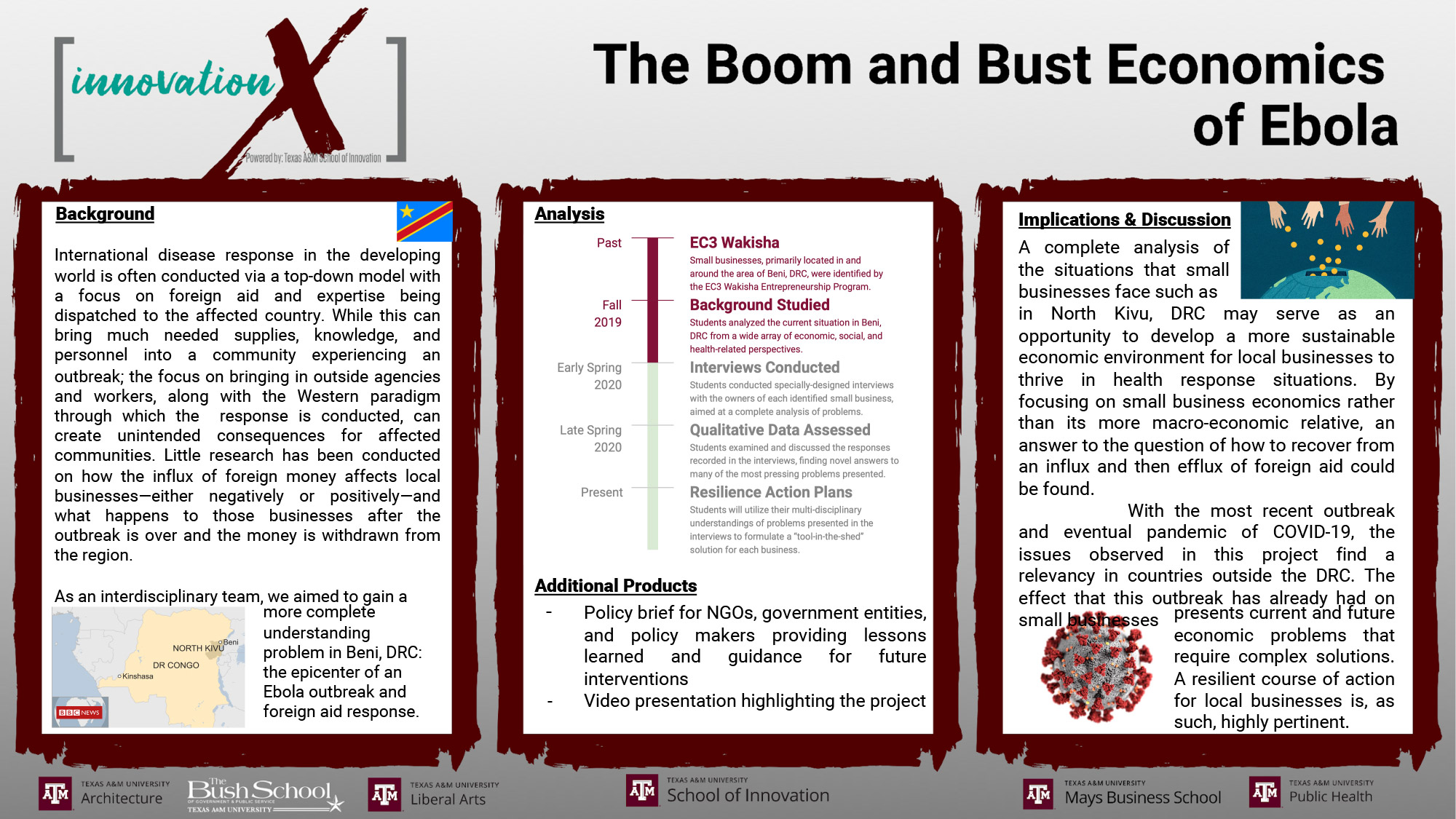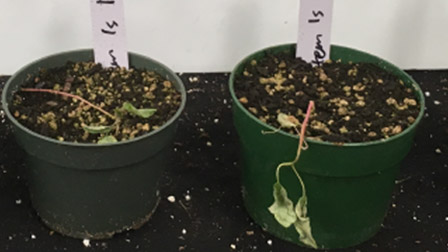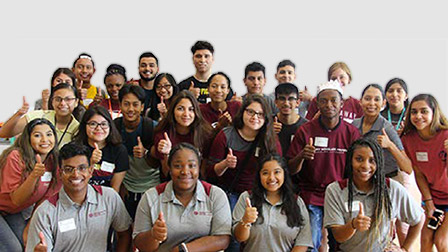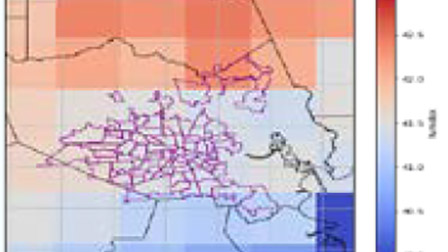Project Overview
Full Project Title
The Boom and Bust Economics of Ebola
Background
In 2017, we launched an entrepreneurship program in Beni, DRC coined EC3. This effort is a practical intervention for conflict mitigation as well as a way of learning how to support entrepreneurs in regions of conflict, limited connectivity (roads, electricity, internet), and conservation concern (EC3). In 2018, weeks after the launch of the 2nd cohort of entrepreneurs, an Ebola outbreak was declared in Beni. This created an unseen opportunity for learning about the impact of Ebola response on the economics of the town. Since the Ebola outbreak, foreign aid workers have converged on Beni, renting every hotel room, packing restaurants, and generally disrupting the local economy. Using data collected before the launch of EC3, we want to understand the boom and eventual bust of this relief effort on the economy. This research project will build a bridge between three TAMU programs: EC3, the McFerrin Center on Entrepreneurship, and the Pandemic Preparedness and Policy Program at the Scowcroft Institute to create a unique and impactful outcome in learning for the students, while informing international development professionals on the boom and bust economics from a pandemic.
Projected Goals
The goals of this project are to better understand the boom and bust economics of disaster response in a region where entrepreneurship is already on fragile footing. While the original program was created to support entrepreneurs in regions of conflict, limited connectivity, and conservation concern, the Ebola outbreak brought in an additional variable of perturbation. With the expertise of the Pandemic Program at the Bush School, it seemed an ideal opportunity to learn about the effect of Ebola on the local economy while also having an appropriate audience to share final results. We were also eager to find ways to include students in real world understanding of current crises without putting them in danger.
Before the EC3 Program was launched, we conducted a business climate survey to understand the dynamics of the economy. We collected data on entrepreneurs in the Program for a year before Ebola struck and continue to work with entrepreneurs during the response. Funds from this grant will allow us to measure the post Ebola economic response by expanding the expertise to a diverse faculty group, include students in real world learning, and communicate results via the Pandemic Summit and a publication.
An interdisciplinary team from Architecture, Bush School, Mays, the SPH, and AgriLife will work together on drafting questions for a survey to be given to entrepreneurs in the DRC. We will recruit 4 master’s and/ or PhD students to lead the writing, analysis, and presentation of the results at the Scowcroft Summit and publication in the White Paper. We will also include 12 undergraduates from the McFerrin Center program who will work in teams of 3 along with a lead master’s or PhD student. These four teams will talk with entrepreneurs in the EC3 Program collecting anecdotal data to supplement the survey data collected during the summer. The phone call method is feasible because Dr. Ruyle maintains weekly contact with EC3 Program staff and has also engaged international mentors using this method. Entrepreneurs are familiar with the method and eager to share their stories. Students fluent in French or Swahili could serve as translators for their teams, or the EC3 Program staff can interpret on the calls.
During the summer, we will travel to DRC to work with EC3 staff and enumerators to conduct the survey and bring data back to the TAMU team for analysis in the Fall before the Summit in November. Student teams will present their findings at the Summit and then prepare a submission for the White Paper which will be released at the National Press Club in May 2020. Results from the study will be used to inform the EC3 program and shared with international development professionals. Our students will interact, via Skype, with Congolese entrepreneurs surviving an epidemic and gain real world understanding of entrepreneurship, pandemic response and recovery, and the boom and bust dynamics on the economy in international development in response to Ebola.
Projected Outcomes
We see multiple outcomes from this project benefitting students, faculty, practitioners of disaster response, and people affected by pandemics. We will have at least 1 publication and a unique platform to share our work, influence policy, and further expose students to practitioners, government officials, and scholars through Scowcroft’s 2 yearly events on Pandemic Preparedness and Response. To date, the economic impact of pandemic response has not been covered. Students and faculty would have unique opportunity and platform to share their results with the impressive list of attendees at these events who include the CDC, WHO, and other high ranking members in governments, practitioners in development, and international attendees. Additionally, there is a TOP grant to involve students in pandemic response simulations. With this grant, we would include the economics angle as well as the health response. Students would present real data on the boom and bust of Ebola response in Beni.
Meet The Team
Team Leaders
- Dr. Leslie Ruyle, Associate Research Scientist and Assistant Director, Scowcroft Institute of International Affairs, Bush School of Government and Public Service; ruyle@tamu.edu; (979) 862-3469(979) 862-3469
- Dr. Cecilia Giusti, Associate Dean for Outreach and Diversity, College of Architecture, Associate Professor, Department of Landscape Architecture and Urban Planning
Team Contributors
- Dr. Richard Lester, Clinical Professor, Executive Director of the McFerrin Center for Entrepreneurship, Mays Business School
- Dr. David Flint, Clinical Professor, Mays Business School
- Dr. Brian Colwell, Professor, Department of Health Promotion & Community Health Sciences, School of Public Health
- Dr. Christine Blackburn, Assistant Research Scientist, Scowcroft Institute of International Affairs, Bush School of Government and Public Service
- Dr. Catharina Laporte, Instructional Assistant Professor, Department of Anthropology, College of Liberal Arts
Graduate Student Team Members
- He (Julia) Bai, Epidemiology, School of Public Health
- Lindsey Boss, Economics, College of Liberal Arts; International Affairs with a concentration in International Development & Economic Policy, School of Public Health (3+2 Degree Program) (Fall 2019)
- Romyssa Hashim, Health Policy & Management, School of Public Health
- Morgan Kassabian, Health Services Research Doctoral Program, School of Public Health (Fall 2019)
- Ritika Khandelwal, Economics, College of Liberal Arts (Fall 2019)
- Macey Lively, Epidemiology & Biostatistics, School of Public Health
- Delaine Mansfield, Statistics, College of Science
- Tina Shehni, Accounting Financial Management, Mays Business School
- Husein Ali Tinwala, Management Information Systems, Mays Business School
- Zhengcong Yin, Geography, College of Geosciences
Undergraduate Student Team Members
- Mustafa Ahmad, Public Health, School of Public Health
- Aimee Bourey, Biochemistry, College of Agriculture and Life Sciences
- Gena Lee, Finance, Mays Business School (Fall 2019)
- Tara McCoy, Public Health, School of Public Health
- Hannah Payne, Public Health, School of Public Health
- Katy Roberts, Business Honors, Mays Business School (Fall 2019)
- James Rude, Business Honors, Mays Business School
- Sayali Shelke, Public Health, School of Public Health
- Daniel Tahan, Economics, College of Liberal Arts
- Rahul Vegiraju, Biochemistry, College of Agriculture and Life Sciences
Units Represented
- Bush School of Government and Public Service
- College of Architecture
- Mays Business School
- School of Public Health
- College of Liberal Arts





